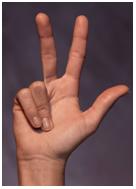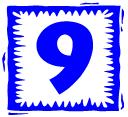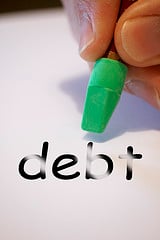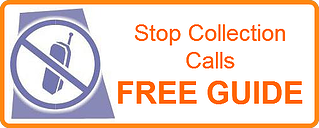 Dealing with Debt
Dealing with Debt
As the economy has declined, many consumers have been relying on credit sources such as credit cards and home equity loans for everyday spending.
But we’ve come to realize that the days of free-flowing credit are over. Banks and lenders are lowering credit limits on credit cards and scrutinizing new borrowers. If you’ve been living above your means, addicted to credit of any kind, consider this your personal financial intervention!
Face the Debt Music
Debt management is not a one-size-fits-all topic, because every debt-holder is unique. Your debt could be the result of many different circumstances such as overspending, job loss, or medical bills. You have to gauge your own situation and face up to your ability or inability to help yourself.
Bankruptcy
If you’re seriously drowning in debt, the worst case scenario is to declare bankruptcy. This is the debt management option of last resort. Because a bankruptcy can stay on your credit report for up to ten years it will affect many aspects of your life for a long time. If you’re considering this option, you’ll need to consult a bankruptcy attorney for help with some tough decisions.
Credit Counselors
Anyone who intends to declare bankruptcy must get pre-filing credit counseling from an approved agency within six months before the filing. The agency must be approved by the U.S. Department of Justice in the judicial district where you plan to file bankruptcy. You must also complete a pre-discharge education course in order for debts to be officially satisfied.
Debt Settlement
Debt settlement is another option if you want to avoid bankruptcy. The debt negotiation industry is growing rapidly. These companies are not low-fee, non-profit counselors, but representatives who aggressively work with your creditors on your behalf to reduce debts by 50% or more!
This is an effective strategy that could result in a deep discount on the debt.
Debt Consolidation Programs
You may be eligible to enroll in a debt consolidation program. These are also called one-pay plans, because the agency collects one monthly payment from you. They distribute the money to your creditors after negotiating lower payments and interest rates on your behalf.
A good credit counseling agency should be open-minded to every option you have to improve your financial situation. They should help you create a budget and offer free educational resources.Correct Bad Habits
In the best case debt scenario, you’re credit rating is still good, but you’re simply living above your means (you know who you are!). Debt is usually the symptom of saving too little and spending too much, a deadly combination. There is no magic formula to make debt disappear. The solution is to permanently change your financial behavior by becoming more disciplined with your money. Is it easy? Absolutely not. But the rewards of living life without a credit addiction include much less stress and better sleep.
photo by: paalia



 Last week I discused the first two parts to getting out of debt FAST!
Last week I discused the first two parts to getting out of debt FAST!
 It is a big mistake to think that simply making a request for your credit report will hurt your score.
It is a big mistake to think that simply making a request for your credit report will hurt your score.

 Here are nine things your creditors will not find when pulling your FICO credit score.
Here are nine things your creditors will not find when pulling your FICO credit score.
 can do to IMPROVE YOUR CREDIT SCORE is to
can do to IMPROVE YOUR CREDIT SCORE is to 
 Create a Plan to Pay Off Your Debt
Create a Plan to Pay Off Your Debt

 do I get out of debt?” The answer if pretty basic. Eliminating debt is about following a few simple steps:
do I get out of debt?” The answer if pretty basic. Eliminating debt is about following a few simple steps:








